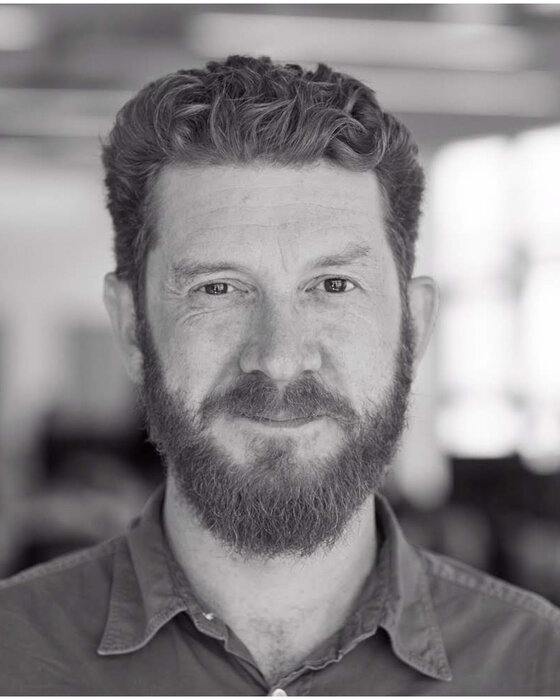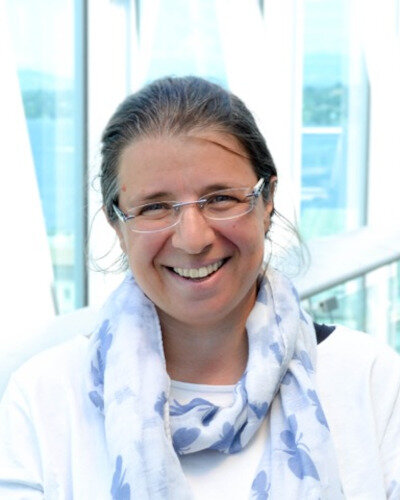

GEO Joint Working Group meeting
About
In accordance with the decision made by the 26th GEO Programme Board (PB) Meeting in June 2023, five GEO Working Groups (WGs) are tasked to coordinate annual workplans, identifying concrete outputs, as well as resource implications and leads among Co-chairs and members. As a part of the plans, in-person discussion has been taking place during the GEO events, including the GEO Week 2023 & Ministerial Summit in Cape Town as well as the 2024 GEO Symposium / ODOK in Hangzhou. To continue and build on this coordination from the previous 2 years, this event brings together members of the GEO Working Groups* as well as members of GEO community, especially new GEO Work Programme activities to coordinate and create synergies across them to discuss and agree on joint tasks and deliverables. The event will focus particularly on discussing and fleshing out the details of a potential GEO joint Working Group activity on climate-biodiversity-DRR nexus.
*Note: Under the Post-2025 Work Programme, Climate and DRR Working Groups are getting merged into Disaster Risk Reductions and Adaptation (DRRA) Working Group; Capacity Building Working Group are also merged into other working groups of DRRA, Data and Knowledge (DK), and Resilient Cities and Human Settlements (RCHS) Working Groups.
Why the nexus? ----because climate change and biodiversity loss are among the grand global challenges and crisis we face now. The two challenges are interlinked with coupled changes, synergy and trade-off. Earth observation provides great potential for large-scale understanding of coupled changes of climate and ecosystems, and for facilitating coordinated actions against the complex challenges. Meanwhile, post-2025 GEO work programs cover various aspects of climate change, DRR and biodiversity issues, and it is ideal to provide a platform through GEO working groups to facilitate dialogue and interactions among the relevant WPs. Potential joint activities may contribute to understanding coupled changes of climate and ecosystems and enhance science-policy interface for coordination of UNFCCC and CBD. Such activities cover two-way interactions: climate change induced loss and damage, nature-based climate solutions, and synergy and trade-off between climate and biodiversity targets (e.g., SDG 13, 15, 11). Several GEO GWPs cover these issues across sectors, and coordination of working groups will be crucial.
Program
- Introduction on the GEO WGs under Post 2025 GWP as enabling mechanism (Wenbo Chu, 5-min)
- Briefly describe the scope of this workshop (Gensuo Jia, 5-min)
- Updates from each WGs (co-chairs or coordinators, 3-min each)
- - DRRA-WG (Rui Kotani)
- - ODOK-WG (Paola De Salvo)
- - RCHS-WG: Martyn Clark (GEO Sec) / Thomas Kemper (JRC)
- Perspectives from relevant WPs (WP-leads and representatives, max of 5-min each):
- - GEOGloWS, Steve Kopp
- - Arctic GEOSS, Mikko Strahlendorff
- - GEOARC, Bo Zhong
- Open discussion (40 min) moderated by Gensuo Jia. Initial questions:
- - What activities can we start with on climate-biodiversity-DRR nexus across GEO community?
- - From the perspective of your WG or WP, how to better coordinate priorities and activities among WGs?
- - How to enhance linkage between relevant WGs and WPs towards Earth intelligence?
- Closing remarks (Gensuo Jia, 5-min)







